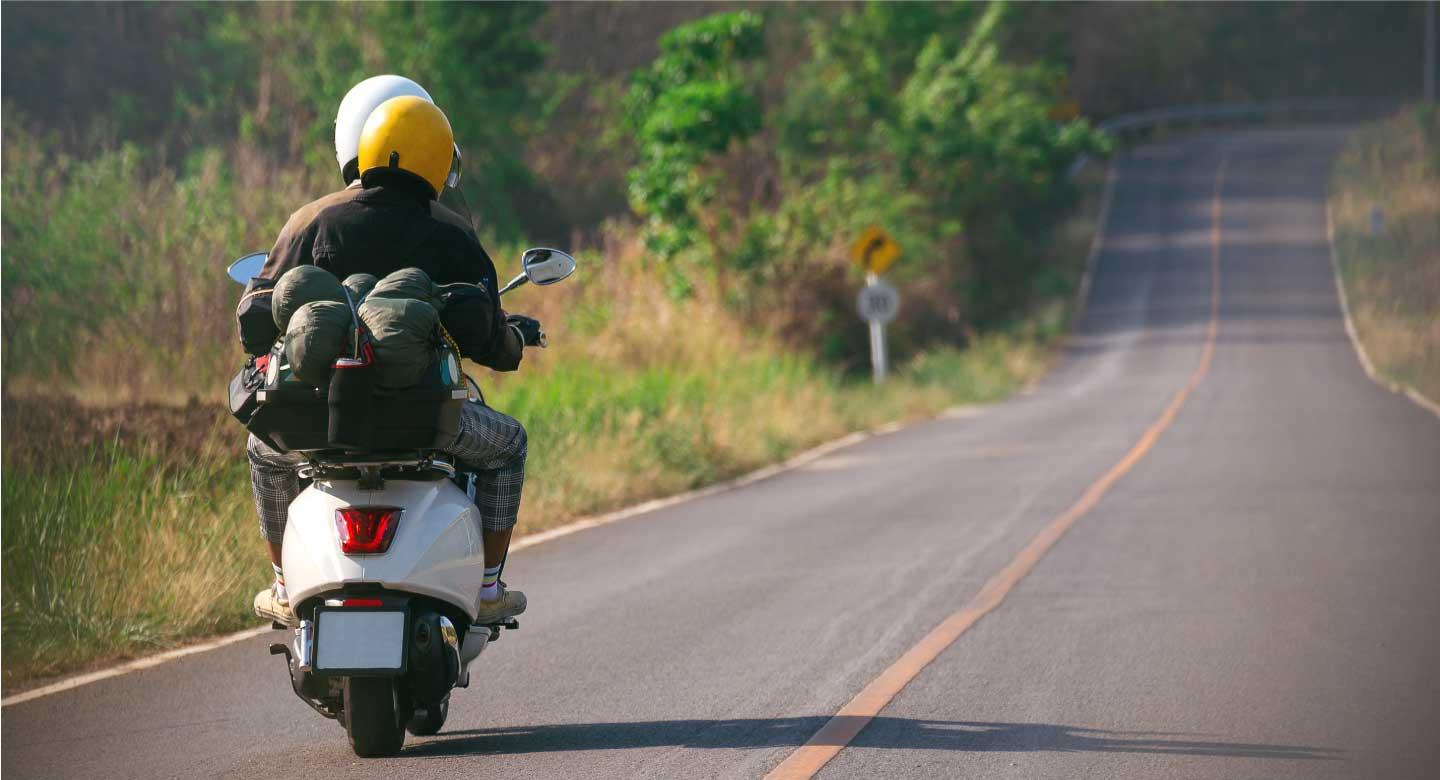Understand the severity of underage riding without a license. Explore the legal penalties and safety concerns associated with minors operating motorcycles unlawfully.
Underage Riding: Penalties for Minors Driving Without License
Can 16-year-olds drive in India? Absolutely not! And they certainly should not!
In recent years, road accidents involving underage and unlicensed drivers have seen a troubling increase. This underscores the critical need for heightened awareness about road safety, especially regarding teenagers and young children. It is essential that driving or riding motor vehicles remains strictly off-limits for them until they legally reach the age of 18. While many people are aware of the dangers associated with underage driving, there is still a considerable gap between understanding the risks and practicing responsible behavior. The frequent headlines of tragic accidents involving minors due to illegal driving should serve as a serious warning not only to the youth but also to parents, guardians, and authorities. This issue requires stricter law enforcement and more responsibility from parents to prevent their children from driving or riding vehicles prematurely. Road safety education needs to be a priority for families, schools, and the government to address this concerning trend and protect young lives from avoidable risks.
Let's get into the following article to understand the consequences of minor driving without a licence.
Things that you should keep in mind about underage driving
Check out the following pointers to learn more about underage and unlicensed driving:
What does the Indian law say about underage driving?
According to Section 3 of the Indian Majority Act 1875, a person under the age of 18 should not be permitted to drive on Indian public roads. This is a legal offence. The driving age, as per Indian law, is 18, but the legal driving age for commercial vehicles is 20.
Punishment for an underage driver: Minor Driving Punishment
If an underage person is found driving a vehicle on the roads, he will be considered a legal offender. Their parents and guardians will bear the punishment and can be imprisoned for up to 3 years and/or a penalty of INR 25,000.
Also, the minor driver will not be able to get a driving licence until he reaches the age of 25 because they are guilty of endangering their or others' lives, unlicensed driving, and reckless driving.
Legal proceedings after the road accident
Unfortunately, if the juvenile motorist is found involved in a road accident, he will be held liable for other persons’ property damages and injuries. Depending on the severity of the offence, the police will file juvenile criminal charges against him.
Measures to combat underage driving
Let's understand through the following details how parents can cooperate with law enforcement to reduce juvenile accidental risks :
Apply for a learner's license
If you are between the age of 16 and 18, you should apply for a learner's license. This is a vital document that you have to get from the RTO to drive a two-wheeler with an engine capacity of less than 50 cc. But, to obtain this, you should be at least 16 years old. But to get a proper license, you need to be at least 18 years old. So, if you still ask, can 16-year-olds drive? Yes, with a learner’s license but with an adult accompanying them at all points in time.
Educate road safety rules
As parents, it is your prime duty to educate your children on road safety norms. They should know the hazards that the disobedience of unlicensed driving can pose. Your effective communication will act as an eye-opener for them.
Collective social efforts
Alongside strict law enforcement to curb the issue of underage driving, collective social efforts are also essential. These efforts will foster a culture of responsibility for everyone to follow road safety norms. Parents, children, and other social members need to understand their responsibility to curb the illegal practice of minors driving without a licence.
Conclusion
Underage driving has been raising questions about road safety and law enforcement across the country. The incidents of juvenile road accidents have been escalating due to the lax road safety rules and the lack of awareness among parents. Hence, it is time to bring about a drastic change in society. The tragedies that have happened to juvenile motorists should be used as an eye-opener for others.

Get Quick Quote


